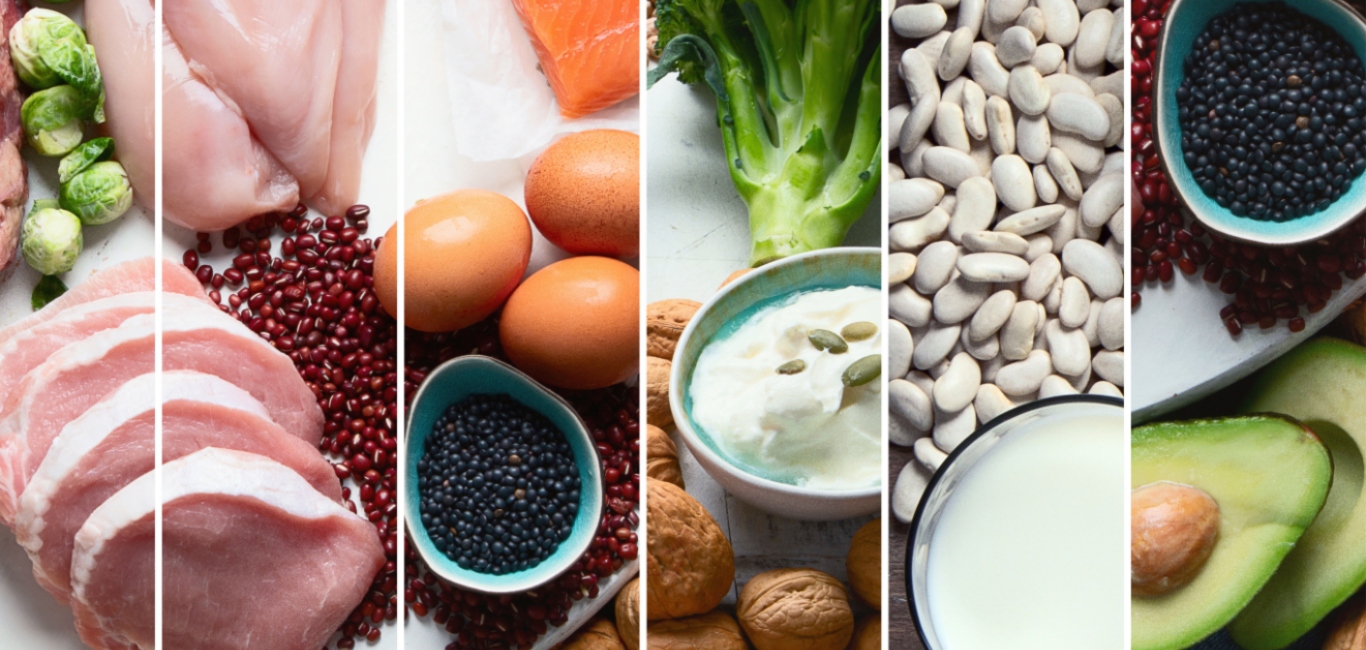
Sinoj Vayalapra, 33, master trainer at Rejuvenation Fitness Group, Delhi, was excited about feeling the power of BCAA (branched chain amino acids) when he started using the supplements during workouts a few years ago.
“I had used this supplement twice and it helped me to exercise for long durations. However, long workout hours were not my requirement and therefore I stopped the supplementation,” says Vayalapra.
He says that as a trainer he emphasises that if one wants to improve one’s performance, there is no substitute to hard work. Any artificial product, he believes, will have a side-effect.
BCAA supplements contain three essential amino acids called leucine, isoleucine and valine. Together they are used as `ergogenic aids’, commonly known as energy boosters, during workout regimes. Their proponents say the supplements reduce fatigue and promote quick recovery after a strenuous workout.
Efficacy in question
Srishti D Chatlani, sports nutritionist, Karnataka Institute of Cricket (KIOC), says, “BCAA are popular because of three key functions, namely, reducing muscle soreness, reducing exercise fatigue and prevention of muscle wasting (the breakdown of muscles for energy) while boosting muscle growth.”
However, a small 2018 study involving 20 resistance training athletes and published in the open access journal, Nutrients, showed that BCAA supplementation as an energy boosting drink was futile when it came to improving performance.
The study concluded that where diet contributed adequate protein, BCAA had negligible effect even on muscle recovery. Experts further affirmed that even athletes who perform high intensity exercises can meet their protein requirements from food sources.
Chatlani adds, “As seen in cases of incorrect or over supplementation, an artificial source of nutrients often hampers the body’s ability to work naturally. Hence, artificially supplemented BCAAs compete with other essential amino acids in the blood and may reduce the absorption of the essential amino acids.”
Muscle building agents
Our bodies constantly make protein to replace the ones being broken down to support several biochemical functions. The primary source of energy during exercise is glycogen (stored carbohydrates) and fats that are stored in the pockets of our muscle tissues.
As one increases the intensity of the exercises, the energy requirement of the body increases exponentially. As the stored glycogen depletes, our body resorts to breaking down muscle proteins for energy. To protect the muscle strength, therefore, our body now requires a higher protein and higher calorie diet than before. Post work-out, the micro-tears that cause muscle soreness heal as they are replenished with new muscle tissues.
Shifra Varadkar, lead sports nutritionist at Reliance Foundation Young Champs, says, “Supplementation with BCAAs is most popular among the athletes training for strength and power sports. But if they are taking adequate amount of protein through food, they do not need to additionally take BCAA.”
Role in weight loss
Vayalapra says exercises alone can burn calories and that supplements are not a magic pill for weight loss. “While BCAA supplements will give you the extra boost of energy need to work out longer, the results do not show unless you decide to hit the gym,” he adds.
A healthy weight loss means losing some fat percentage while gaining lean body mass to restore the strength. Exercise, as it burns calories, also boosts strength and stamina when the body’s requirements are met through a balanced diet.
A complete balanced diet with fibre, protein and good fats provides enough BCAA our body requires. The 2018 study concluded that taking BCAA supplements over a high protein diet has negligible effect on our muscle recovery after a workout.
Long term implications
As muscle fatigue is the most common barrier to long-duration exercise, gym-goers believe sipping BCAA drinks during workout provides them the extra energy. However, there is not much research into the long-term side effects of these supplements.
Chetlani adds, “There are side effects in the form of gastro-intestinal issues like diarrhoea and bloating and also [bigger] effects like loss of motor coordination.”
A 2019 study, published in the peer reviewed journal Nature Metabolism, studied 312 mice to determine the health effect of a high amount of BCAA in diet. Interestingly, the team found that although BCAA was not directly causing obesity, it significantly increased the appetite and led to significant weight gain.
Although further studies are needed to substantiate the effect of a similar diet on humans, experts say a mindful intake of any nutrient is the best way to keep one safe and sustained.
Food sources of BCAA
BCAAs are a part of the nine essential amino acids which play a key role in the formation of proteins in the body. However, these 9 essential amino acids are not produced by our body and therefore we need food sources to fill the gap.
According to Varadkar most non-vegetarian sources of protein like meat, eggs, fish, seafood, milk and milk products contain BCAAs in them. “Vegetarian sources of BCAA include tofu, quinoa and red lentils. However, since these are incomplete proteins [ie lacking s one or more essential amino acids], they are best eaten in a combination with each other or with non-vegetarian sources,” she adds.
Read about how a vegetarian diet can meet your amino acid needs here.
Chatlani says one would also find BCAA in chicken breast, tofu, tempeh (made from fermented soybean), eggs and Greek yoghurt, in sustainable amounts. “If you are vegan, you may require a protein supplementation under certain circumstances. Otherwise, smart choices of food like soybean, nuts and legumes can take care of the requirements,” she says.















